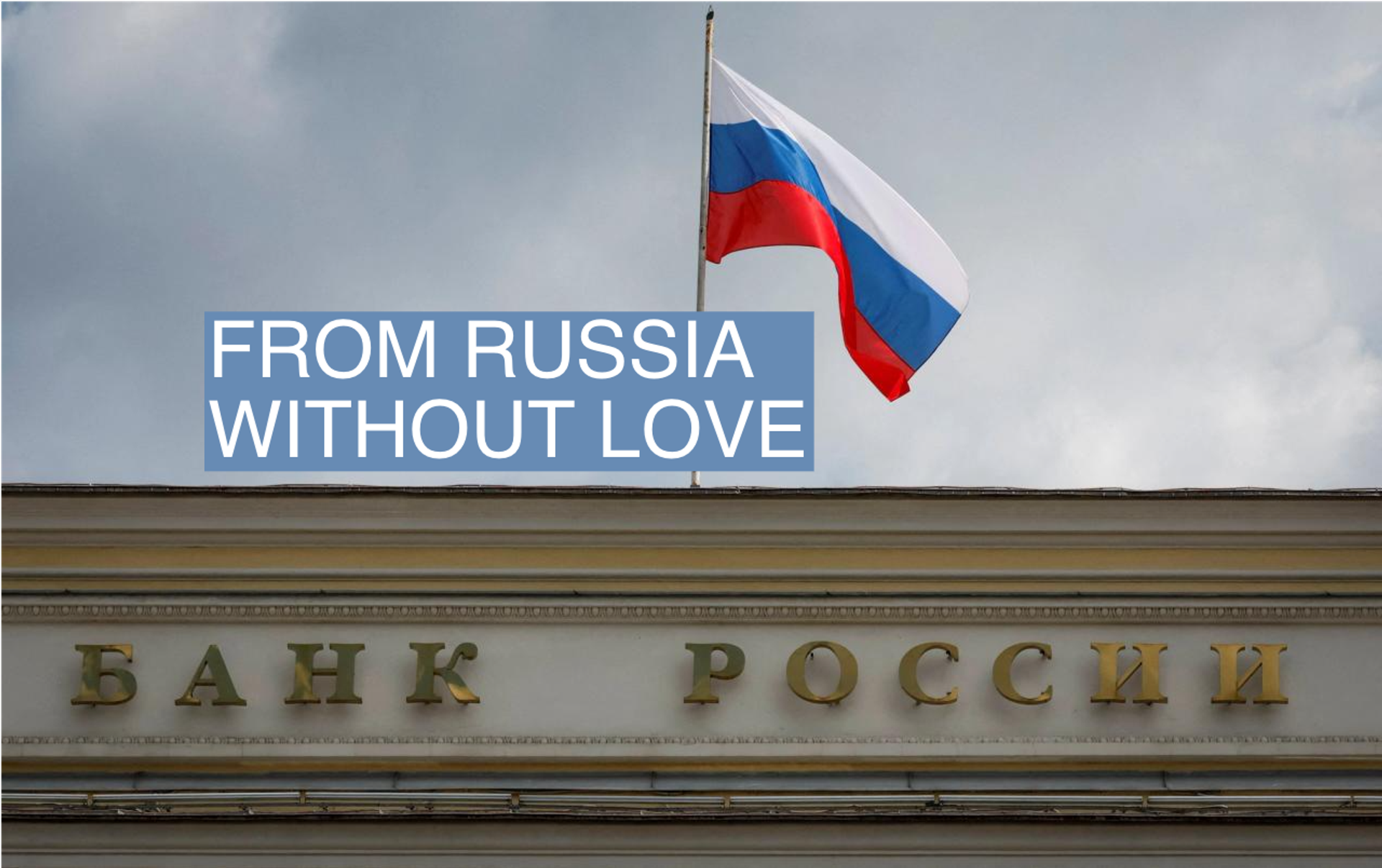The News
The White House is considering seizing $300 billion in Russian central bank assets to fund the war effort in Ukraine.
G7 officials have intensified talks about finding a way to confiscate the assets – frozen in February 2022 – without violating international law.
The Biden administration previously argued that such a move was illegal and would undermine the credibility of Western central banks.
But with aid to Ukraine stalled, Western officials look increasingly likely to dip into the vast Russian sums locked away in banks across Europe and the U.S. – money that could be transformative for Ukraine’s war efforts.
SIGNALS
It’s unclear exactly how assets would be seized
There are a number of different models for how Russia’s immobilized reserves could be put to use. Daleep Singh, a former top Biden administration official, suggested that the funds should be placed in an escrow account that Ukraine could have access to and be used as collateral for Ukrainian government bonds. Others have argued that countries that hold Russian assets can legally cancel their obligations to Russia and use those assets to pay for what Russia owes for its breach of international law. The go-to precedent is Iraq’s invasion of Kuwait in 1990, where $50 billion in Iraqi funds were seized to compensate Iraq’s victims. Some U.S. and European officials have also backed a plan to pass the profits Russia’s frozen assets are generating on to Kyiv.
Confiscating Russian assets could come at a high price
Confiscating Russian assets “would create more problems than it would solve,” Bloomberg’s editorial board wrote, setting a dubious legal precedent that could undermine the international economic order. It might also cross a line by showing countries such as China or Saudi Arabia that Western securities depositories may not always be safe. But if non-Western governments were to panic at the seizure of Russian assets and pull out their reserves, they would have done so when the funds were first seized, one Financial Times columnist argued – or when the G7 said the accounts would not be unlocked until Russia compensated Ukraine. Neither event sparked a flight of assets out of the West.
Russia threatens to cut diplomatic ties and seize Western assets
Moscow may sever its diplomatic ties to the U.S. if Washington confiscates Russian assets, the country’s deputy foreign minister warned. Even as U.S.-Russia relations are at their lowest level since the fall of the Soviet Union, some talks have continued around prisoner exchanges and preventing an accidental clash between the two nuclear powers. Russia would also look to confiscate Western assets in retaliation, a Kremlin spokesman said. Moscow has already seized the Russian assets of Western companies Carlsberg and Danone, handing their control over to allies in a bid to shore up the regime, The Moscow Times reported.

